Politics in India has always been a complex mix of ideology, governance, and public perception. But at times, it has also been rocked by massive scandals—events so shocking that they altered public trust, shaped elections, and even toppled governments.
These scandals weren’t just political gossip—they involved thousands of crores of taxpayer money, international headlines, and courtroom battles that lasted years.
Let’s explore the top five political scandals that truly shook India, from defence deals to telecom fraud.
🧨 1. The Bofors Scandal (1980s)
Estimated Value Involved: ₹64 crore (then)
Key Figures: Rajiv Gandhi government, Ottavio Quattrocchi
What Happened:
In 1986, the Indian government signed a deal with Swedish arms manufacturer Bofors AB to supply 155 mm field howitzers. Soon after, allegations emerged that kickbacks were paid to Indian politicians and defence officials to secure the deal.
A Swedish radio report blew the lid off the deal, triggering a massive political firestorm. Investigations pointed fingers at high-level Congress leaders and the Italian businessman Ottavio Quattrocchi, reportedly close to the Gandhi family.
Impact:
Contributed to Congress losing the 1989 elections.
Haunts Indian politics as a symbol of elite corruption.
Quattrocchi fled the country; the case dragged on for decades without full closure.
The Bofors scandal marked a turning point in Indian politics where defense deals became synonymous with corruption.
📡 2. 2G Spectrum Scam (2008)
Estimated Loss to Exchequer: ₹1.76 lakh crore (CAG report)
Key Figure: A. Raja (then Telecom Minister)
What Happened:
The 2G spectrum scam involved the allocation of 2G telecom licenses at throwaway prices in 2008, ignoring market value and transparency. The CAG reported a massive revenue loss, calling it one of India’s biggest scams.
Telecom minister A. Raja was accused of favouring select companies, many of whom were ineligible or underprepared. The scandal became symbolic of the corruption perceived in the UPA government.
Impact:
Major blow to Manmohan Singh’s government.
Led to multiple arrests, including ministers and business tycoons.
Sparked public protests and fueled the rise of anti-corruption movements like India Against Corruption.
Although all accused were acquitted in 2017 due to lack of evidence, the 2G scam remains a cautionary tale of opaque governance.
🏗️ 3. Commonwealth Games Scam (2010)
Estimated Value Involved: ₹70,000 crore
Key Figure: Suresh Kalmadi (CWG Organising Committee Chairman)
What Happened:
The 2010 Commonwealth Games in Delhi, meant to showcase India’s global stature, became a symbol of mismanagement and corruption.
Investigations revealed inflated bills, rigged tenders, unnecessary purchases, and ghost vendors. Suresh Kalmadi, a senior Congress MP, was accused of awarding contracts at inflated rates to cronies and arrested by the CBI in 2011.
Impact:
National embarrassment on an international platform.
Several government departments came under scrutiny.
Eroded public trust in large government projects.
The scandal is often remembered not just for the money involved, but for tarnishing India’s global image right before the eyes of the world.
🚄 4. The Choppergate Scam (AgustaWestland, 2013)
Estimated Value Involved: ₹3,600 crore
Key Figures: UPA Government officials, middlemen, including Christian Michel
What Happened:
The scam revolved around the purchase of 12 luxury helicopters from AgustaWestland for use by top Indian dignitaries. It was later revealed that bribes were allegedly paid to Indian officials and politicians to swing the deal in favour of the manufacturer.
Italian courts exposed the scam, and the Indian government was forced to cancel the contract. Middlemen like Christian Michel were extradited and investigated for money laundering and influence peddling.
Impact:
Another blow to the UPA government’s reputation.
Triggered diplomatic issues and scrutiny of all defence deals.
Sparked political mudslinging between Congress and the BJP.
The scandal revived fears that corruption in defense procurement had never really gone away since Bofors.
🏦 5. The Coalgate Scam (2012)
Estimated Loss to Exchequer: ₹1.86 lakh crore (CAG report)
Key Figure: UPA Government (specifically PMO under Manmohan Singh)
What Happened:
The coal allocation scam, dubbed “Coalgate,” involved the illegal allocation of coal blocks to private players without a transparent bidding process. The Comptroller and Auditor General (CAG) reported huge losses to the national exchequer.
The matter became even more controversial as the Prime Minister’s Office (PMO) itself was directly overseeing the allocation process during some of the period.
Impact:
Triggered a massive political uproar and parliamentary deadlock.
Accusations even against the sitting Prime Minister.
Supreme Court later cancelled 214 coal block allocations.
Coalgate played a big role in defining the image of the UPA government as scam-ridden, and it influenced the BJP’s massive 2014 electoral victory.
🔍 Honourable Mentions
While the top five scandals stand out due to their scale and political fallout, here are a few others worth mentioning:
Cash-for-Votes (2008) – Allegations of MPs being bribed during a trust vote.
Vyapam Scam (Madhya Pradesh) – Involved rigging of recruitment and admission exams; dozens of mysterious deaths linked to it.
Hawala Scandal (1990s) – Top politicians accused of accepting money via hawala brokers.
🔚 Final Thoughts: Scandals That Shaped a Nation
These political scandals were more than just headlines—they influenced public opinion, shifted political power, and forced governance reforms.
They remind us why transparency, accountability, and an independent judiciary are vital pillars of any democracy.
While India has taken steps to clean up governance via digitisation, RTI laws, and stricter audit mechanisms, public vigilance remains key. Each scandal also gave rise to movements, debates, and policy changes that slowly but surely contributed to a more informed electorate.
Because in the end, a democracy is only as strong as its citizens’ demand for integrity.
📌 Related Posts
“How Reservation Politics Changed Indian Education”




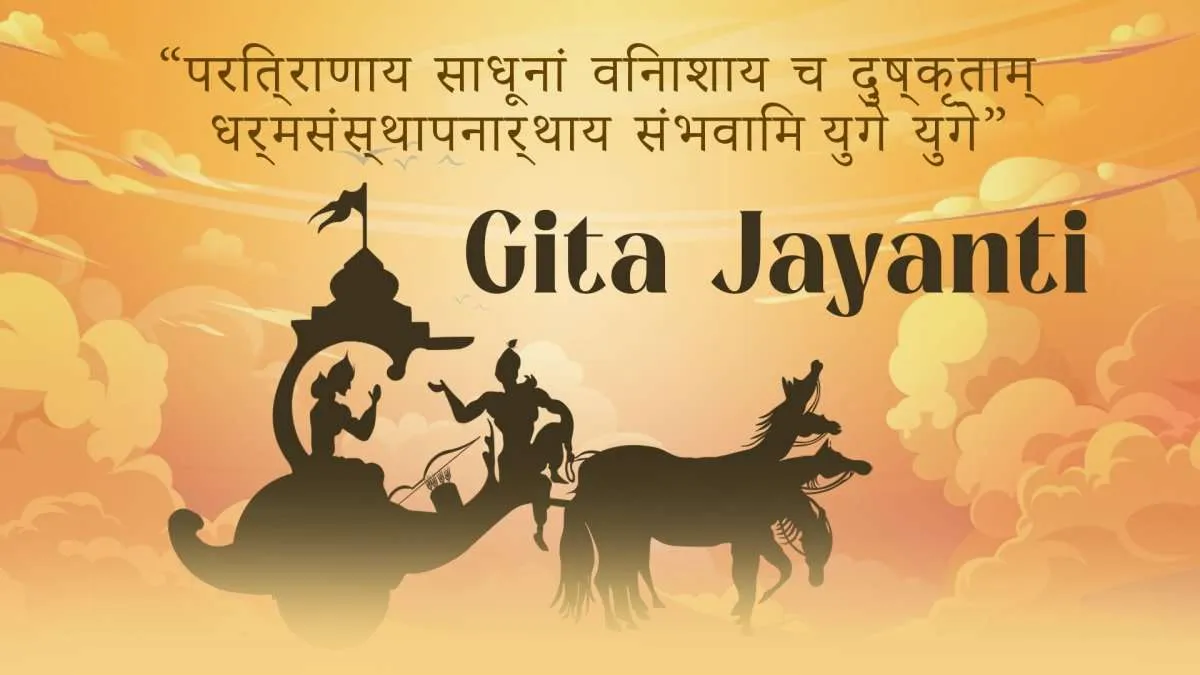
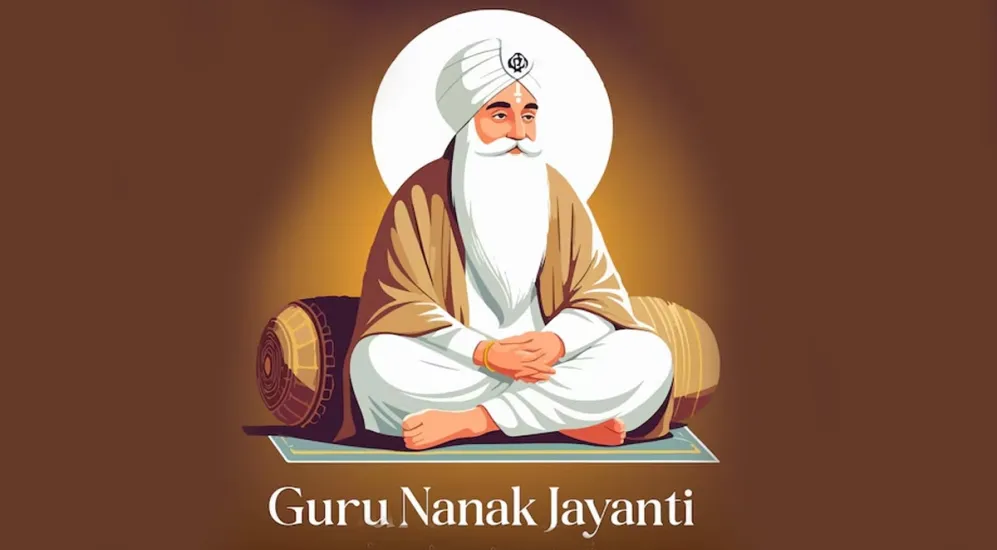
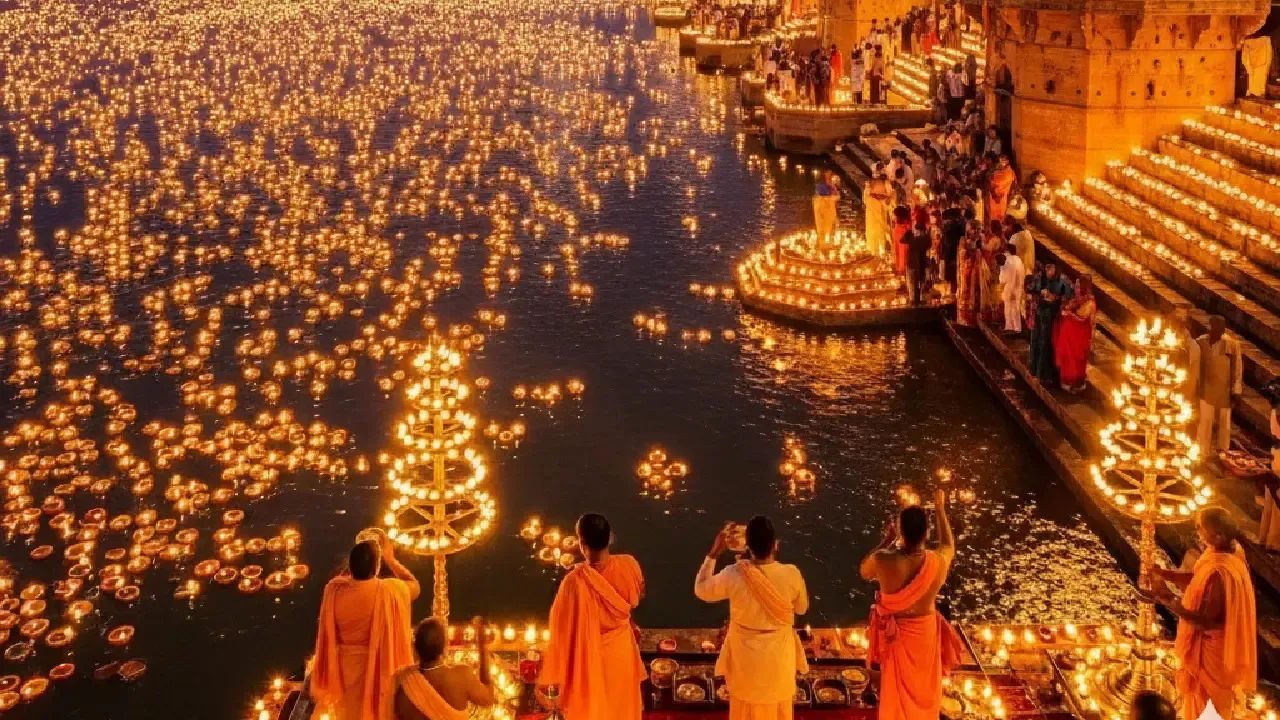
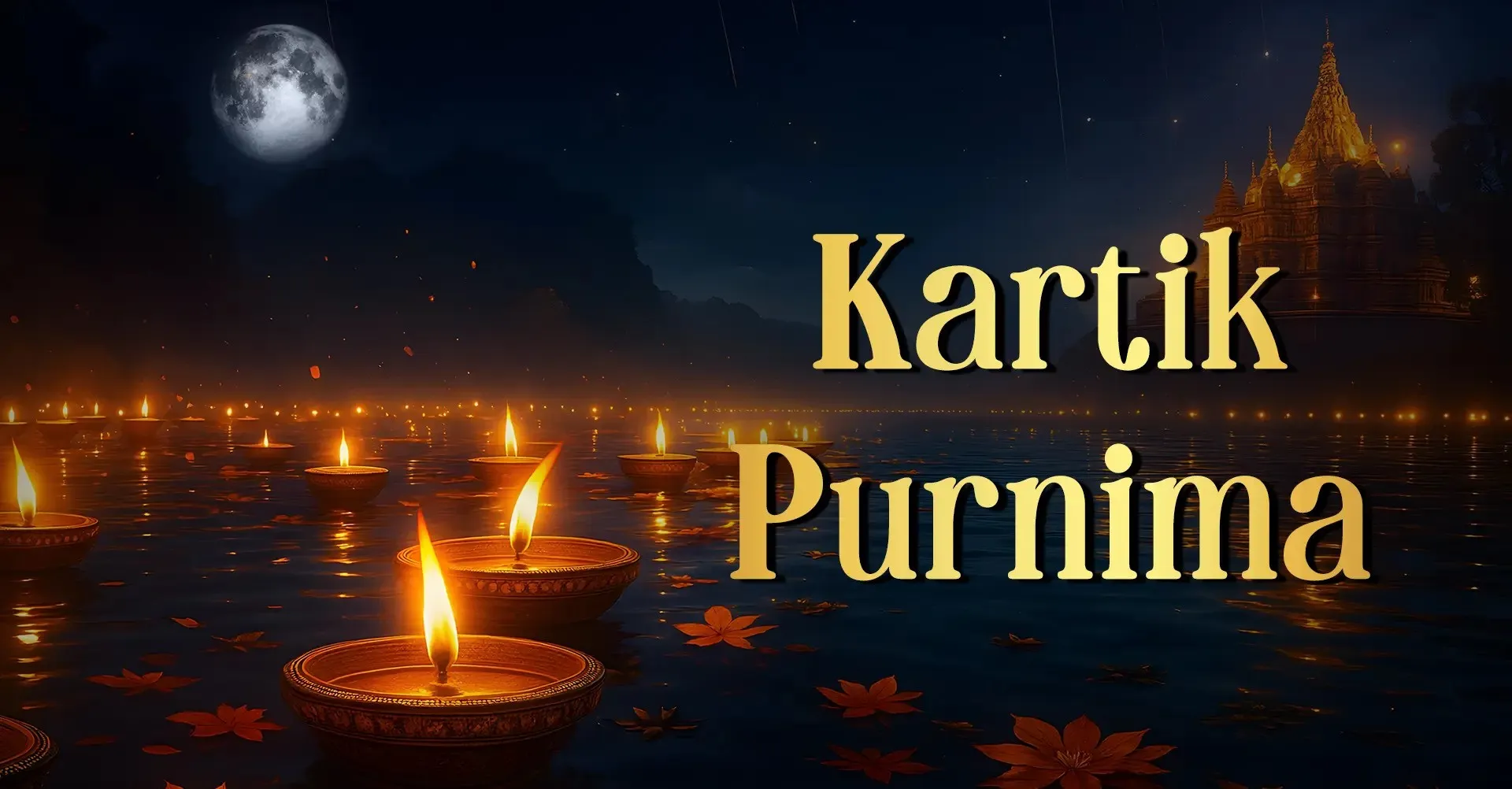
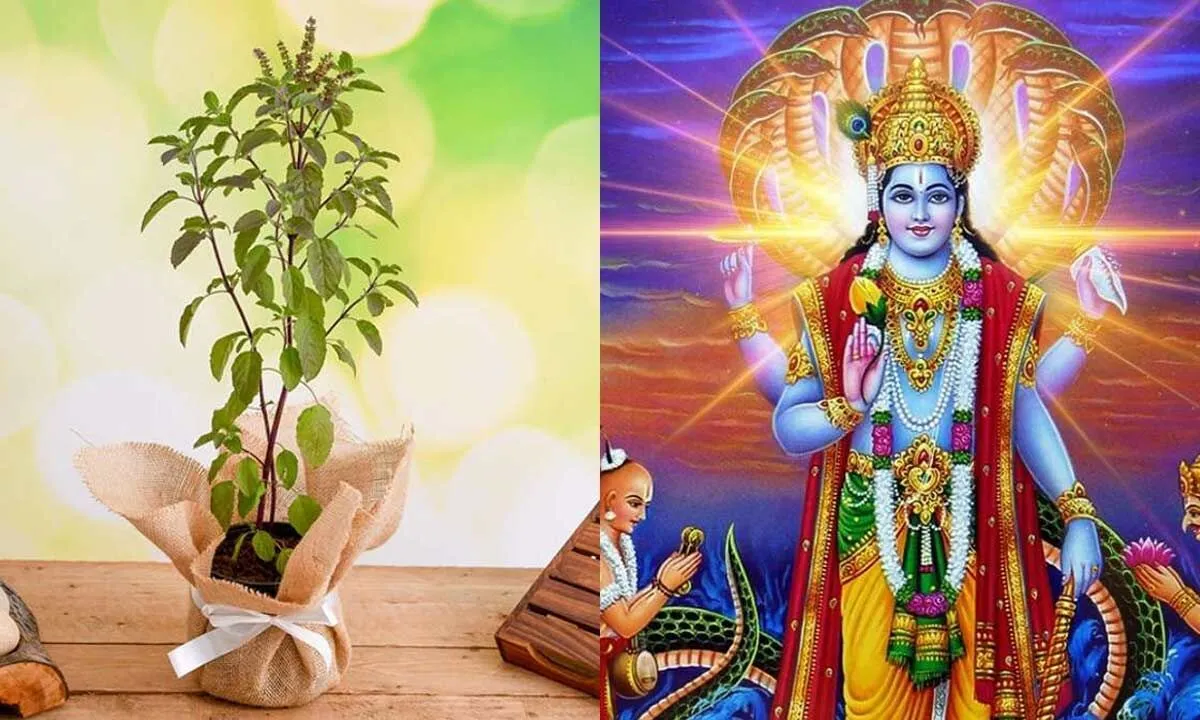
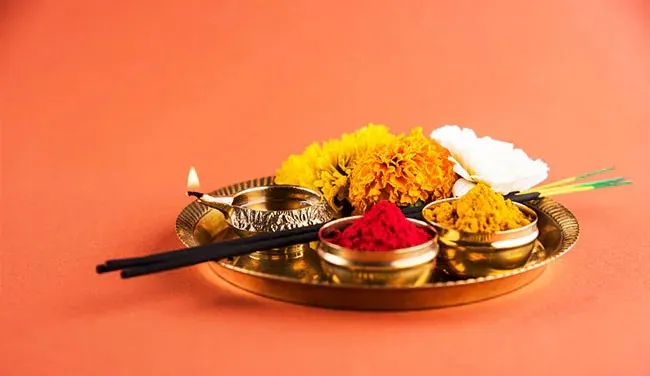
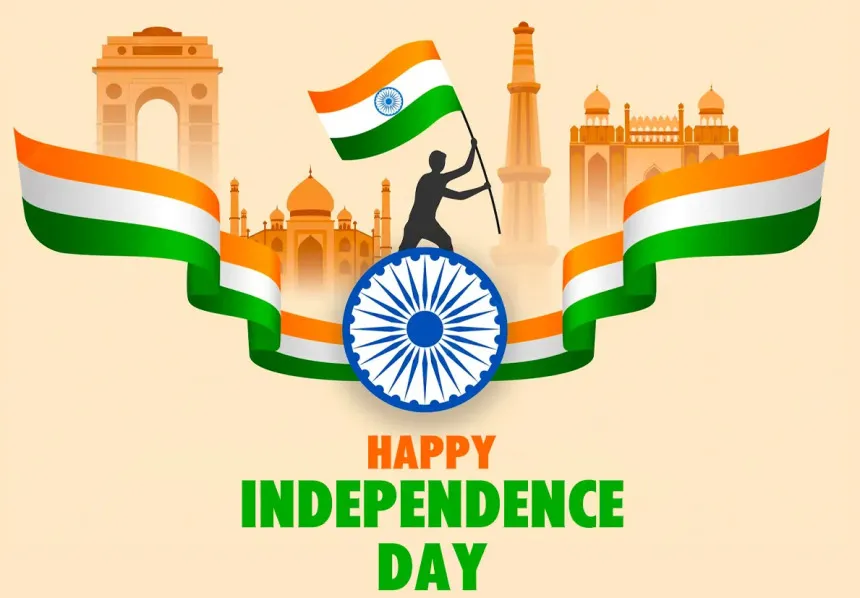

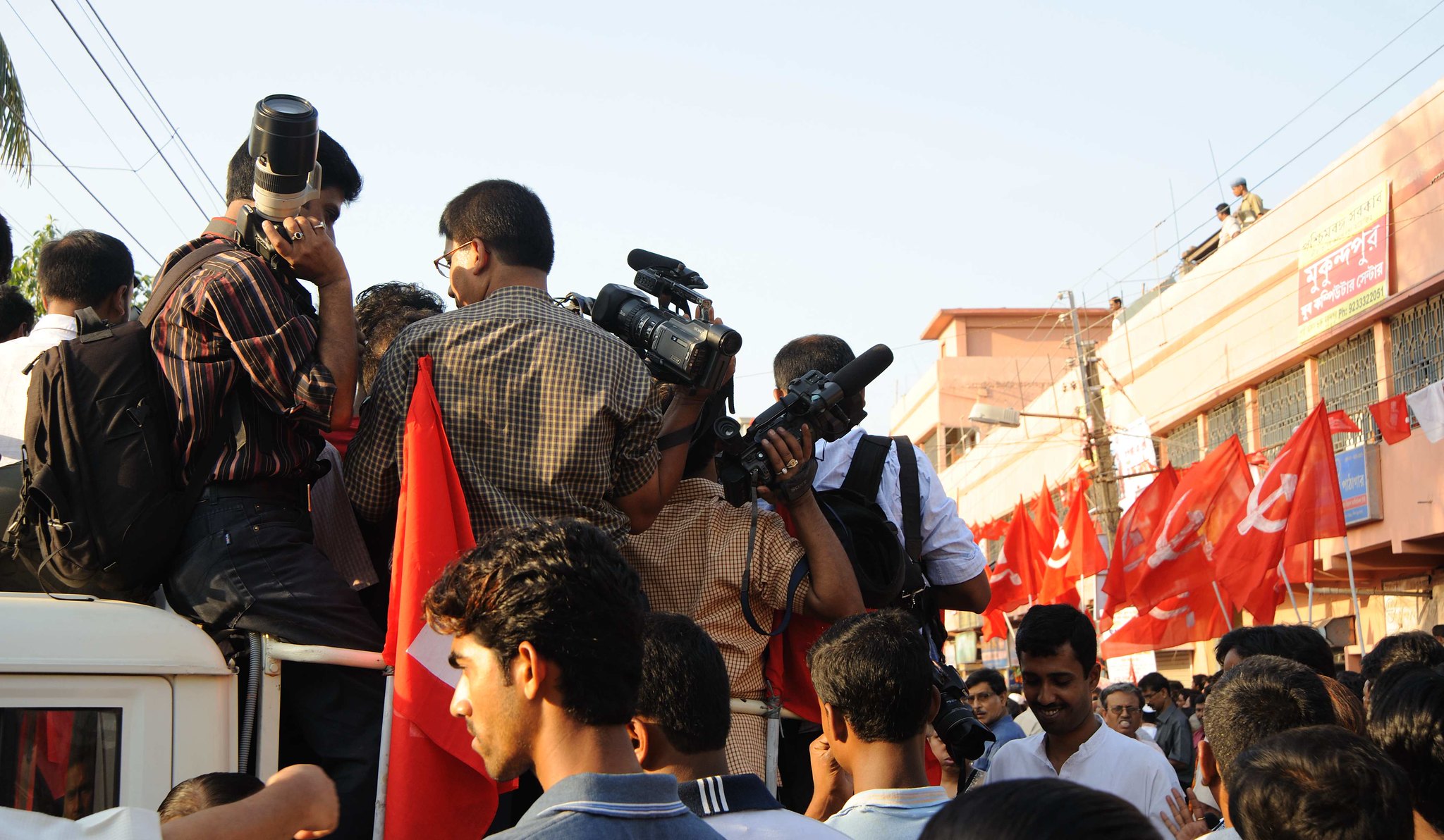
Recent Comments
No comments yet.